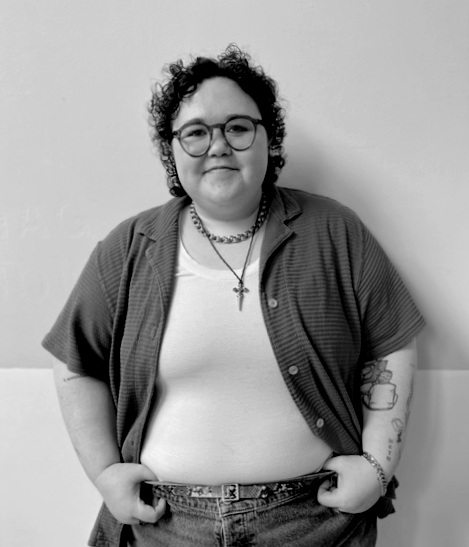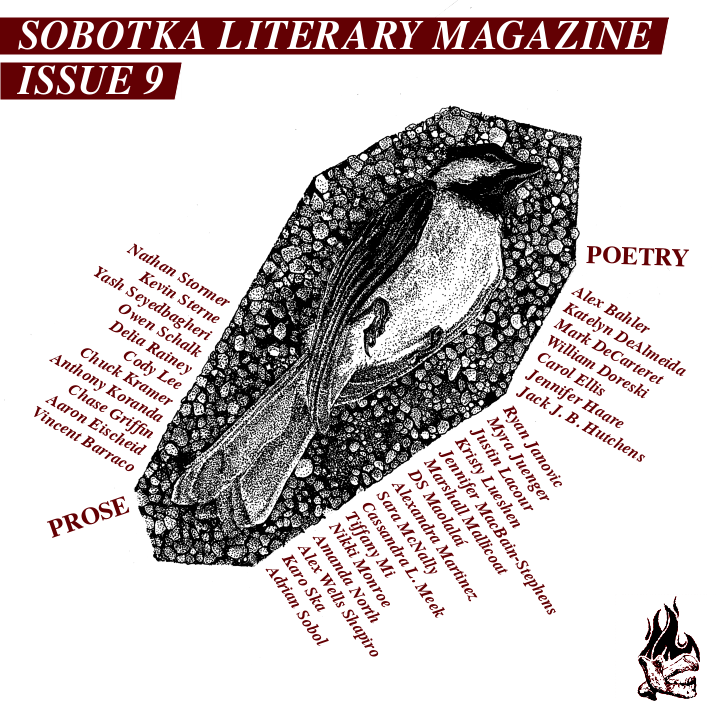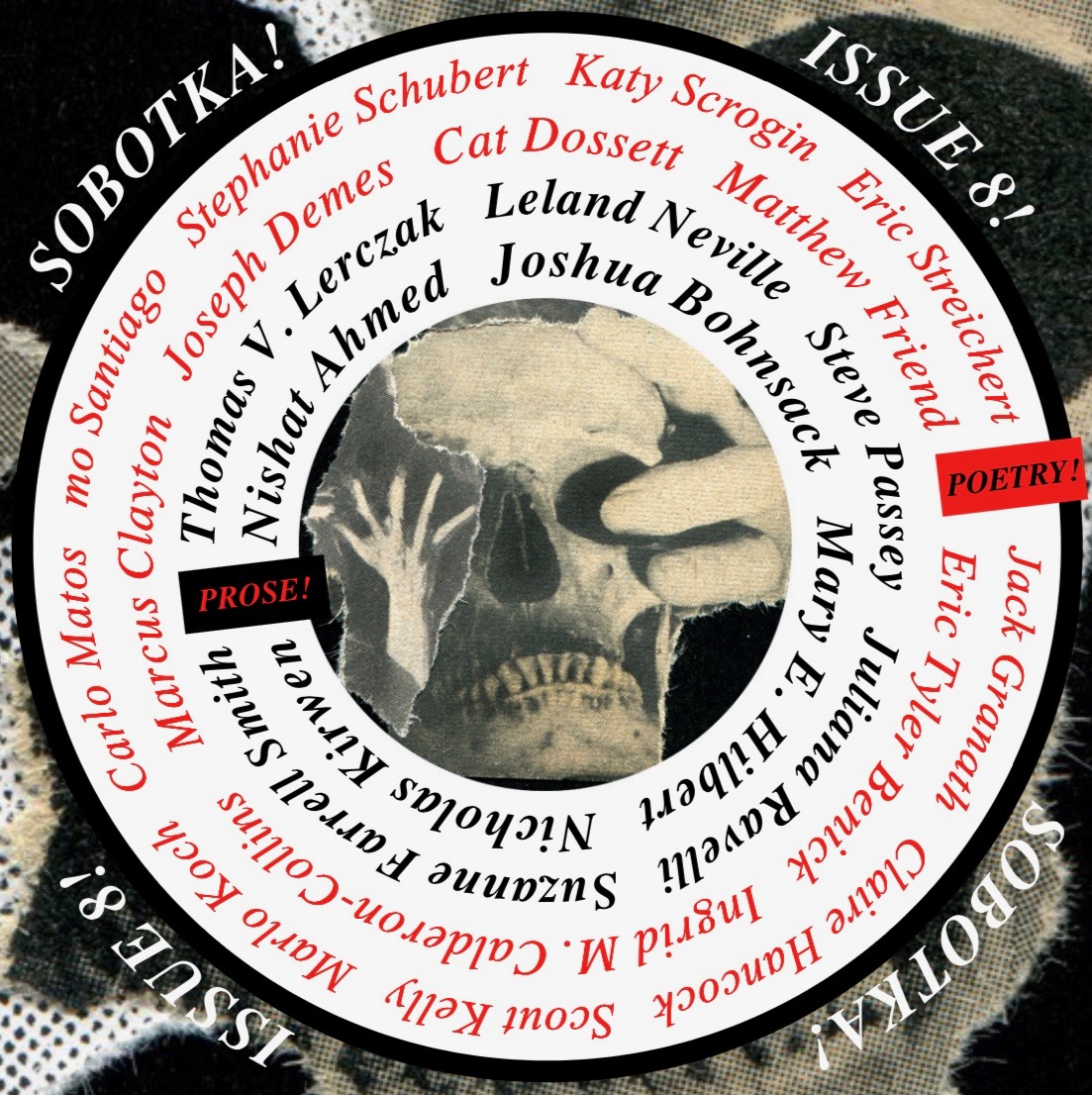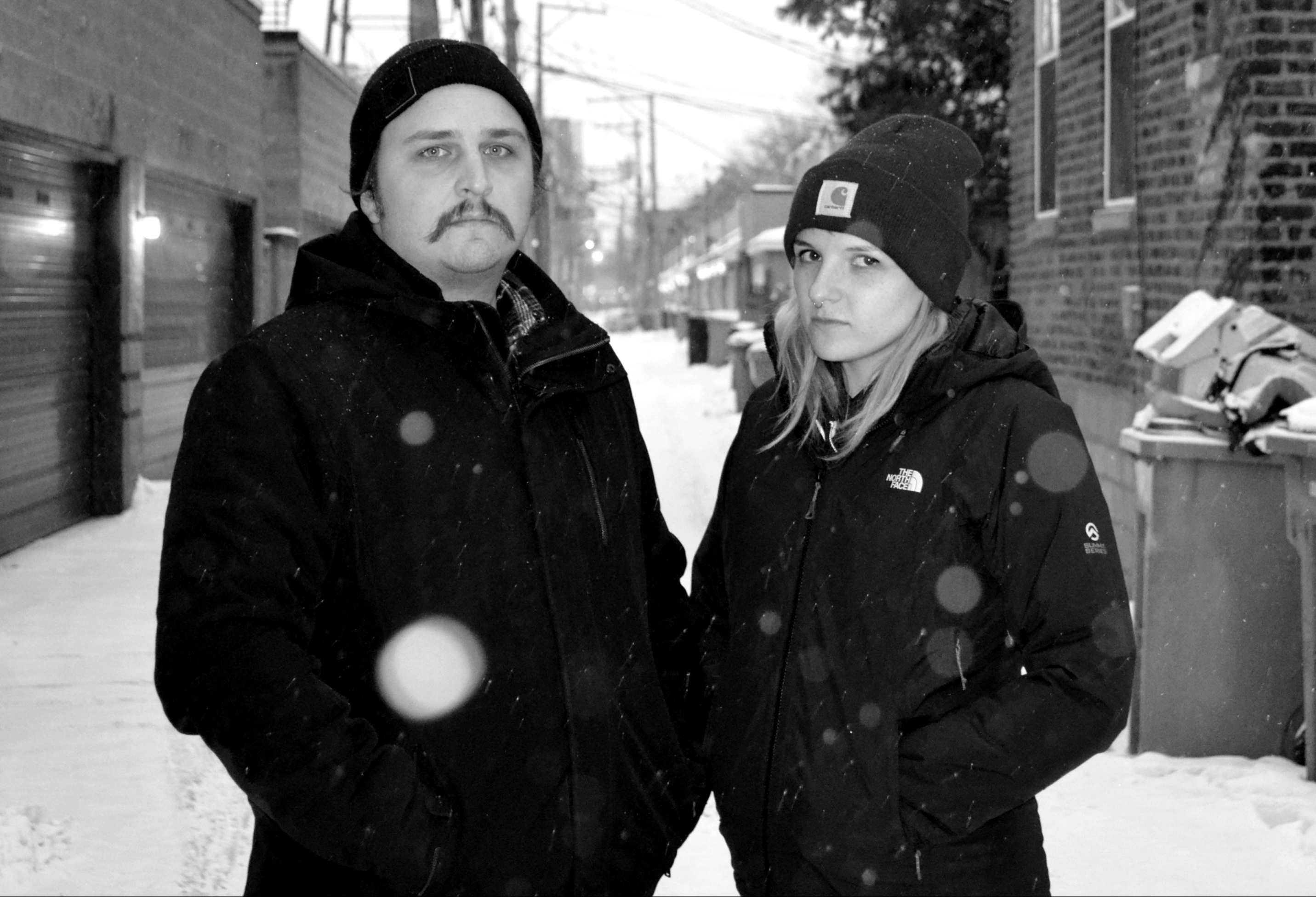At the end of the day, you’re awake with your thoughts
and I don’t want you to be alone.
Courtney Barnett, “Sunfair Sundown”
Before moving to Chicago in 2018, I lived in Pittsburgh where I paid lots of visits to Phipps Conservatory. I’d spend downtime there marveling at the lush green, the thick humid air, the freshness I could breathe in. My favorite room at Phipps is the Desert Room with its permanent summer. It’s the most relatable room, being home to the African tree grape, a plant that has rapid periods of growth followed by long periods of dormancy. In front of the African tree grape during these dormant periods is a professional-looking green sign with white typeface: “I’m not dead, I’m dormant.” That about sums up the last three years as I have experienced them: not dead, just dormant, and looking for glimmers of light to pull me from my dream-state.
So it was an easy yes when Nick and Kathy invited me to guest edit this issue. The process has been lovely, bringing me closer to real people through collaboration, a shared love of writing, and a longing for connection. I specify “real” people because reality is a tricky thing. It’s easy to live in your own head, your own echo chamber, to not venture outside of yourself. Doubly so with the growth of virtual work, play, and socialization in my life and the lives of people I love during the pandemic. I find myself, lately, scared of the vastness of the internet. I can’t think about it too much for too long. A side effect of this is a nostalgia for the internet as it was in the late 2000s. I can’t tell if that’s because the internet feels more sinister now due to it really being more sinister, or because in the late 2000s I was barely a naïve teenager. What is indisputable is the sheer influence the internet has over our lives–radicalizing, isolating, unifying, and/or connecting us.
Last week, out of nowhere, I had the urge to watch the original “Chocolate Rain” YouTube video. It wasn’t just the longing for the early internet, it was the longing for connection to my earlier self and for versions of people from my past. Upon rewatching, I was flooded with memories of when I first saw the video, when I showed it to others, the unexpected ways I have felt closer to people because of our shared knowledge of this piece of media. “Chocolate Rain” may be a surprising vehicle for these feelings, but at that moment, the space between my selves felt more like a pathway than a void. I felt a gentle awareness that connection is possible if only I step out of myself. That’s the ideal outcome of art for me: to invoke memory, evoke emotion, and to deepen the lived experience in a meaningful way.
Taking part in building this issue has been incredibly motivating and quite a lot of fun. It reminded me of how many “real” people are out there doing the same thing that I am, and simply for the love of it. I think about object permanence, how babies don’t quite understand when you place your hand over your eyes that you’re still there, still you. Through the pandemic and its isolation, I’ve atrophied socially. I became the baby who didn’t understand that there are still other people outside of the ones I could see on a screen. Working on this issue came at just the right time for me: reading the writing of friends and strangers, taking the time to sit with art, was refreshing and needed. I’m apprehensive about the rapid growth of our online lives, but, at the same time, I am grateful for the opportunities that have come out of said growth. As I write this, I’m energized once again by art, by friends and collaborators. As I write this, I don’t feel so dormant or singular, and I choose to be optimistic.
I’m not certain of much, but I am sure that we need each other. I am sure we owe it to one another to leave space for making, for sharing the precious things we are timid about. I am so grateful to have read these pieces and am proud of what this issue has been molded into by Nick, Kathy, and me. I hope you take the time to read this issue and open yourself to feeling more deeply connected–be it to yourself or to the writers highlighted in these pages. To those writers: thank you for being here and for trusting us with your work. To the readers: welcome and thank you for being here. Stay as long as you like.
Sara McNally
Chicago, March 2023









